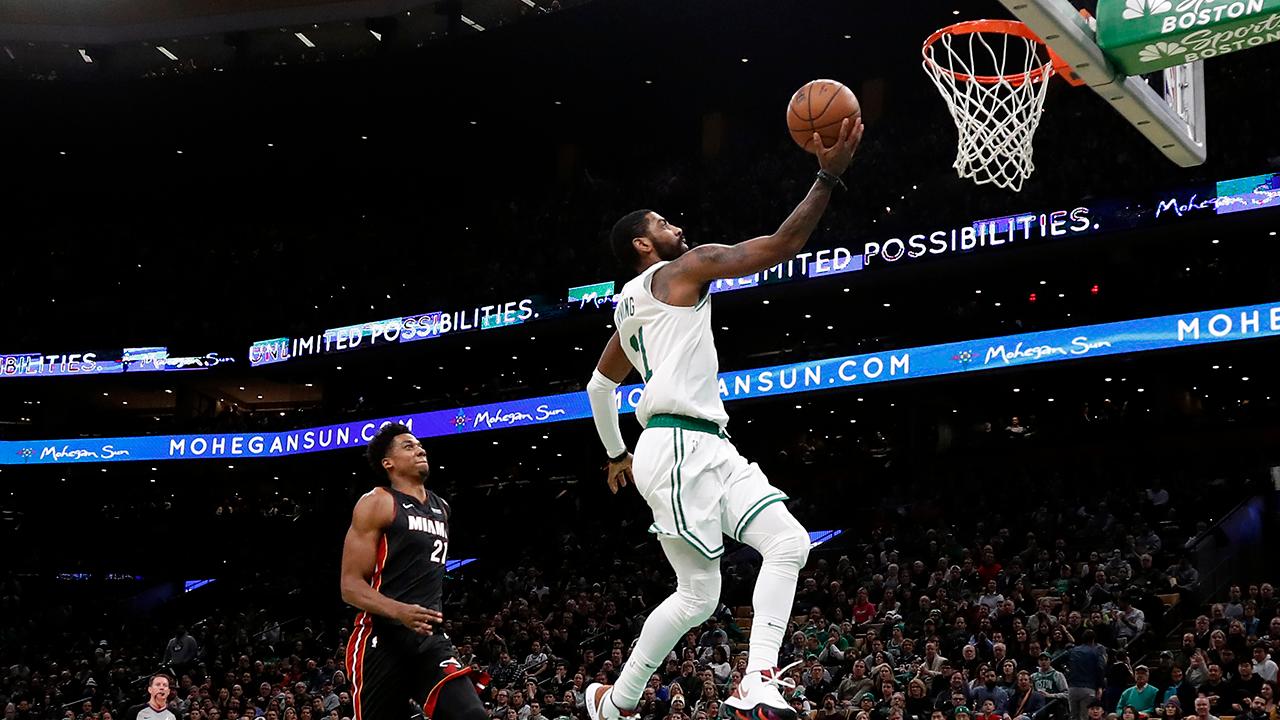NBA contacted Raptors about Drake's sideline behavior: Report
NBA officials contacted the Toronto Raptors after rapper Drake’s behavior on the sidelines of their home games drew the ire of playoff opponents, according to a report on Friday.
The conversation centered on “Drake’s activity and presence on the sideline,” ESPN reported, citing an unnamed league spokesman. It’s unclear if the Raptors were instructed to take any action to address the situation.
Drake’s sideline behavior drew renewed scrutiny during the NBA’s Eastern Conference Finals, when he was spotted leaving his courtside seat to give Raptors head coach Nick Nurse a shoulder massage during an in-game timeout. The move drew sharp criticism from Milwaukee Bucks head coach Mike Budenholzer, who questioned whether Drake was receiving special treatment as a fan.
NBA representatives did not respond to a request for comment on the nature of its discussions with the Raptors about Drake, or whether the rapper was in violation of any specific rules. Raptors representatives declined to comment on the situation, other than to say that Drake has served as an honorary, unpaid ambassador for the franchise since 2013.
"I don't know how much he's on the court. It sounds like you guys are saying it's more than I realize," Budenholzer said earlier this month, according to ESPN. "There's certainly no place for fans and, you know, whatever it is exactly that Drake is for the Toronto Raptors. You know, to be on the court, there's boundaries and lines for a reason, and like I said, the league is usually pretty good at being on top of stuff like that."
CLICK HERE TO GET THE FOX BUSINESS APP
As a ticket-holder, Drake is ostensibly required to follow the terms of the NBA’s fan code of conduct. The policy specifically prohibits fans from engaging in “disruptive behavior” or attempting to enter the court.
“Guests who choose not to adhere to these provisions will be subject to ejection without refund and revocation of season tickets and may also be in violation of city ordinances resulting in possible arrest and prosecution,” the policy said.




















